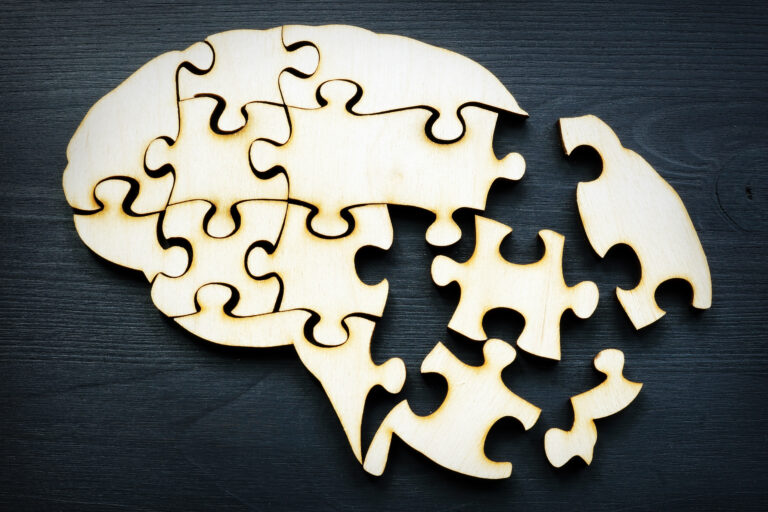Whether you should eat eggs before or after working out depends on your fitness goals, digestion comfort, and timing, but eggs are generally a highly beneficial food to include around your exercise routine due to their rich nutrient profile.
Eggs are an excellent source of high-quality protein, containing all nine essential amino acids necessary for muscle repair and growth. They also provide important vitamins such as B12, D, and minerals like iodine, along with choline, which supports brain function and cell membrane formation[2]. This makes eggs a valuable food for muscle recovery and overall health.
Eating eggs **before a workout** can provide your body with a steady source of protein and some fat, which may help sustain energy levels during moderate exercise. However, because eggs are relatively high in fat and protein, they digest more slowly than carbohydrates. If eaten too close to your workout, they might cause some digestive discomfort or sluggishness for some people. Ideally, consuming eggs about 1.5 to 2 hours before exercising allows enough time for digestion and nutrient absorption.
On the other hand, eating eggs **after a workout** is often recommended because your muscles need protein to repair and grow following exercise-induced stress. Post-workout protein intake helps stimulate muscle protein synthesis, which is crucial for recovery and strength gains. Eggs, with their complete amino acid profile, are particularly effective for this purpose. Combining eggs with some carbohydrates after exercise can also help replenish glycogen stores and enhance recovery.
Regarding raw versus cooked eggs, while raw eggs have been popularized by cultural references and viral trends, cooked eggs are generally safer and more digestible. Cooking eggs improves protein digestibility and reduces the risk of foodborne illness from bacteria like Salmonella[2].
There is also some debate about egg cholesterol and heart health. Despite eggs being high in cholesterol, recent research and expert opinions suggest that for most people, dietary cholesterol from eggs does not significantly raise blood cholesterol levels or increase heart disease risk. The way cholesterol is metabolized varies individually, and eggs remain a nutrient-dense food recommended by many health professionals[3][5].
If you want to optimize your workout nutrition with eggs, consider these points:
– **Before workout:** Eat eggs 1.5 to 2 hours prior, possibly combined with some carbohydrates for energy.
– **After workout:** Eat eggs soon after exercising to support muscle repair, ideally with carbs to aid recovery.
– **Portion size:** 1 to 3 eggs is a common serving; adjust based on your dietary needs and tolerance.
– **Whole eggs vs. egg whites:** Whole eggs provide more nutrients including vitamins and healthy fats, while egg whites offer protein with fewer calories. Both can be part of your diet depending on your goals[4].
In summary, eggs are a versatile and nutritious food that can be eaten either before or after workouts. The timing depends on your digestion and energy needs, but their protein content makes them especially valuable post-exercise for muscle recovery.
Sources:
[1] https://pmc.ncbi.nlm.nih.gov/articles/PMC12538690/
[2] https://www.ladbible.com/news/health/raw-eggs-health-benefits-explained-viral-trend-tiktok-723903-20251026
[3] https://www.hindustantimes.com/lifestyle/health/heart-surgeon-with-25-years-of-experience-debunks-claim-that-eggs-are-bad-for-everyone-shares-real-reason-he-eats-eggs-101761709171495.html
[4] https://www.prevention.com/food-nutrition/healthy-eating/a68914666/eggs-vs-egg-whites-nutrition/
[5] https://timesofindia.indiatimes.com/life-style/health-fitness/health-news/this-man-ate-24-eggs-everyday-for-30-days-his-blood-reports-came-as-a-shock/photostory/124828865.cms





